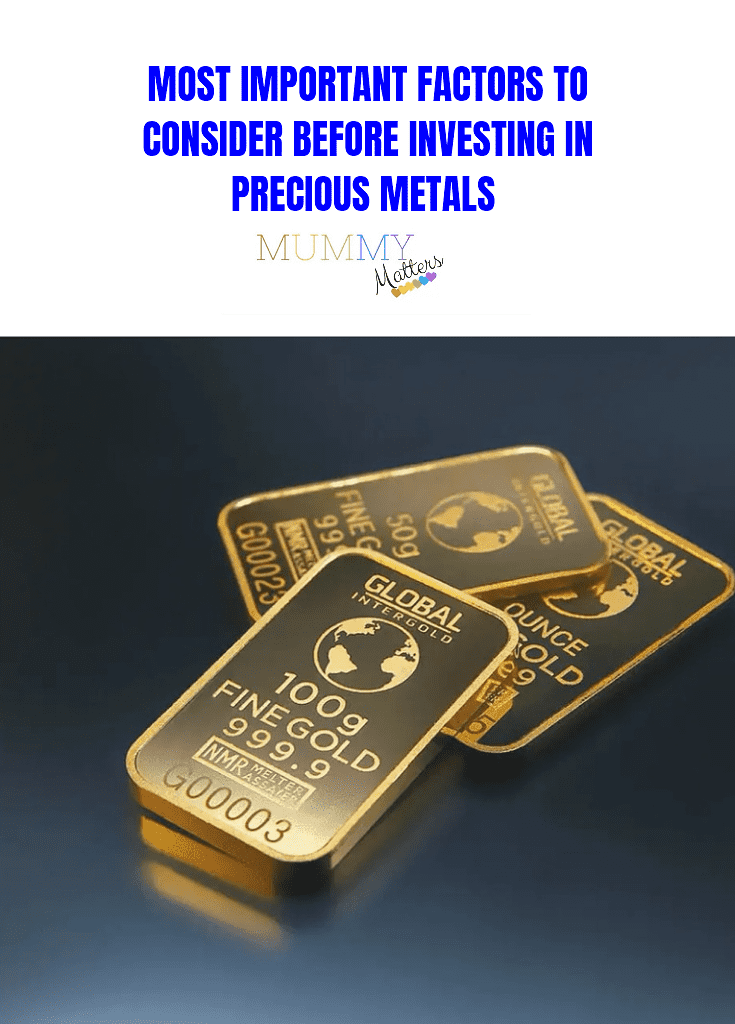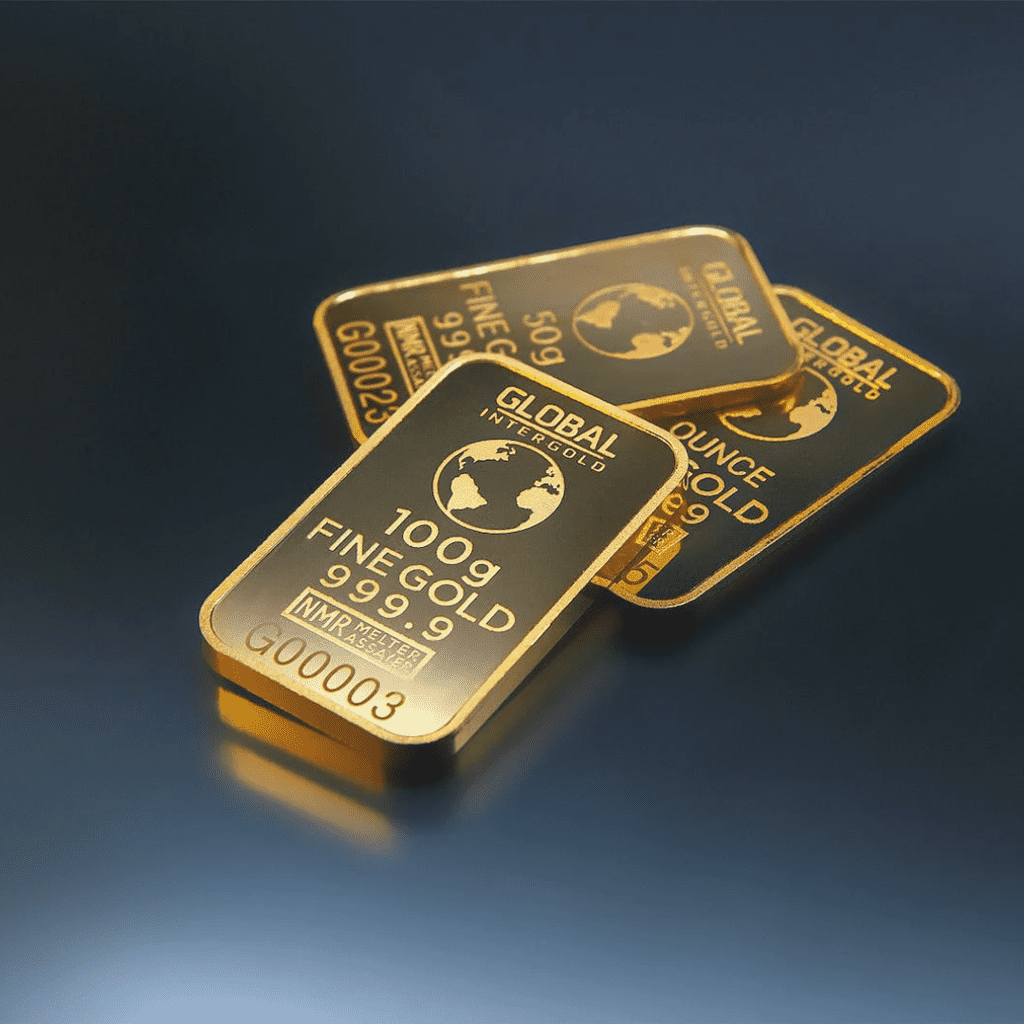Investing in precious metals can be a great way to diversify and hedge against market volatility. Precious metals, such as gold, silver, platinum, and palladium, often provide portfolio protection during times of economic uncertainty. Before investing in any type of asset class, it’s important to understand the risks involved and make an informed decision. Here are some key factors to consider before investing in precious metals.
1. Reputable seller
When investing in precious metals, it’s important to buy from a reputable seller with a solid track record. Do your research and check the reviews of any gold or silver dealer you are considering. According to the team at Ainslie Bullion, reputable dealers will be transparent about the pricing and purity of their products and provide detailed information on storage costs. Also, be sure to ask about any additional costs, such as delivery or insurance fees. If possible, try to visit the store and inspect the products yourself before making a purchase. It’s also important to make sure the dealer is a member of an industry association, such as the American Numismatic Association or the London Bullion Market Association.
2. Product purity
The purity of the metal is measured in fineness or parts per thousand. Gold coins, for example, have a purity of.999 or .9999, and silver coins have a purity of .999. When investing in precious metals, it’s important to make sure that the product you are buying is of high quality and verified for its purity. Additionally, some coins and bars are taxed based on the purity of the metal, so it’s important to understand the taxation requirements for your area. While investing in coins or bars with a higher purity may seem more attractive, it’s important to remember that the cost per ounce is usually higher for these products.
3. Investment goals
Before investing in precious metals, it’s important to have a clear understanding of your investment goals. Are you looking to make a short-term profit, or are you interested in investing in precious metals as part of a long-term portfolio diversification strategy? Additionally, it’s important to consider the costs associated with buying and storing precious metals. If you are looking for a low-cost entry into the market, then coins are often the best option. Also, it’s important to remember that the value of precious metals can change quickly and is highly dependent on market conditions.
4. Storage
Once you have bought your valuable gold, silver, platinum, or palladium products, it is important to store them securely. Many investors opt for home storage, which can be convenient but also comes with risks such as theft or fire damage. Additionally, depending on where you live, there may be insurance requirements if you choose to store your precious metals at home. Alternatively, you can opt for professional storage. Reputable dealers will often offer secure storage services and provide periodic audits of your precious metals holdings. Also, it’s important to remember that the laws governing where you store your precious metals can vary based on country and state.
5. Market conditions
It’s important to keep an eye on the market conditions when investing in precious metals. Gold and silver prices have been volatile over the past decade, so make sure you are aware of any changes before committing to a purchase or sale. Additionally, be aware of geopolitical trends that may affect the price of gold and silver, such as economic sanctions or currency devaluation. Staying informed will help you make smarter investment decisions when it comes to precious metals. It’s also a good idea to consult with an experienced financial advisor before making any investments.
When considering investing in precious metals, it’s crucial to also explore analytical tools like technical analysis, which can provide valuable insights into market trends. You can learn more about technical analysis on sites like VectorVest.
6. Tax considerations
Before investing in precious metals, it is important to consider the taxes associated with the investment. Taxes on profits from precious metal investments can vary depending on whether you are trading for short-term or long-term gains and where you live. It is important to understand what taxes may apply to your investment so that you can properly plan and prepare for them ahead of time. Speak with a qualified tax professional to ensure that you are aware of any potential tax implications before investing in precious metals. This is especially important if you are trading internationally.
There are many important factors to consider when investing in precious metals. Research is key when it comes to making smart investment decisions, so make sure you do your due diligence before committing any funds. Additionally, be aware of market conditions and the associated taxation requirements that may apply to your investments. With these tips in mind, you can confidently invest in precious metals with peace of mind.


